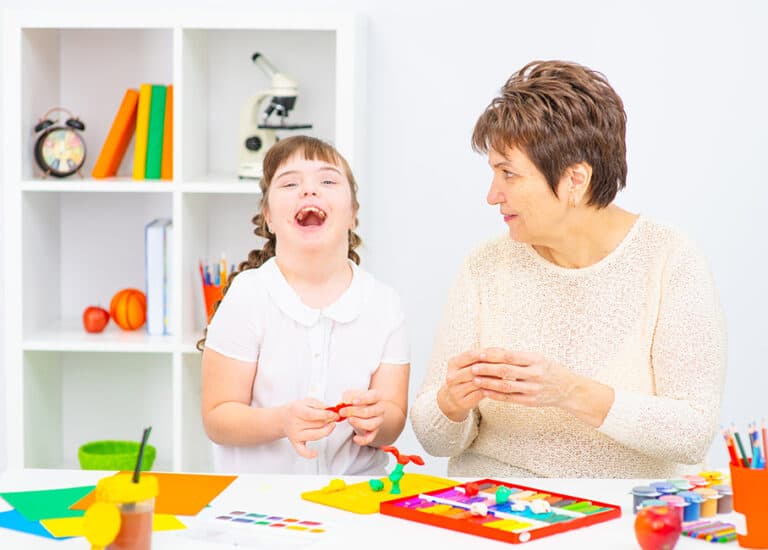With the school year just around the corner, there’s good news for millions of kids who have trouble reading because of a learning disability or dyslexia.
There is a proven alternative for the kids who struggle to understand the printed text: They can listen to their textbooks.
Reading audiobooks is a valuable resource for kids with learning disabilities. It is essential for reading or reading comprehension. These students often face a few disadvantages in the primary grades of elementary school while they’re learning how to read.
If left untreated, these challenges can also persist in middle school, high school, even college years, where reading is needed to learn any sort of content in the classroom.Frustrated with their efforts with literacy, many children with learning disabilities or dyslexia won’t only hesitate to read but may also avoid it entirely when possible.
The good news is, such students can take advantage of the number of resources available to help, including audiobooks.
How read-along audiobooks can help.
Audiobooks are one way to help your child continue learning the content presented in the classroom, despite having a learning disability. They’re often used as a part of a unique education program and included in IEPs or section 504 plans.
Students are usually more receptive to using audiobooks, and many are available online for free. Research has shown that audiobooks are incredibly effective for many students with reading-based disabilities. The benefits of auditory learning can include:
Increased comprehension. Listening to audiobooks can bridge the gap between decoding words and assigning meaning. Receiving information visually and audibly reinforces word recognition, improves fluency, builds vocabulary, and supports comprehension skills.
Better grades and academic performance. Audiobooks help your child by allowing them to concentrate on the meaning of what they’re reading rather than trying to decode words on a page. Their listening comprehension may be more robust than their reading comprehension. Instead, listening to the text gives students access to content that’s above their current reading levels, making learning more efficient.
Higher confidence and improved self-esteem. Audiobooks can help ease tension and frustration, boost confidence and make reading much more enjoyable by allowing your child to independently access the text and keep up with peers on content area reading.
Foster a sense of motivation. Audiobooks help kids learn to enjoy literature and build a diverse knowledge base. They are essential to open a magical world of stories so they can experience what it’s like to get lost in a good book, just like their peers.
Finding additional help for learning disabilities
If you feel your child could benefit from additional help, contact us today. Our treatment plans include a combination of individual and group counseling, medication, and follow-up care. Depending on your child’s unique situation, the kind of treatment recommended will vary.
Sources
https://www.learningally.org/Portals/6/Docs/TeacherResources/LA_AudiobookTips_Teachers.pdf






